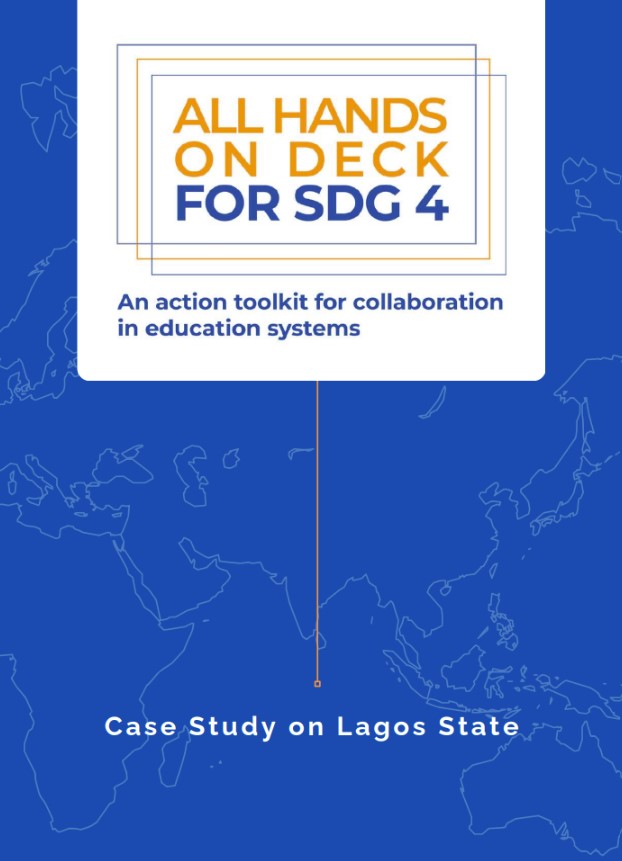
Regulating Non-State Education
Global Schools Forum fosters dialogue, shares best practice, and engages with global stakeholders to strengthen regulatory frameworks within education systems globally. Our aim is to improve the quality, accessibility, and overall effectiveness of regulation to ensure equitable access to education in the Global South.
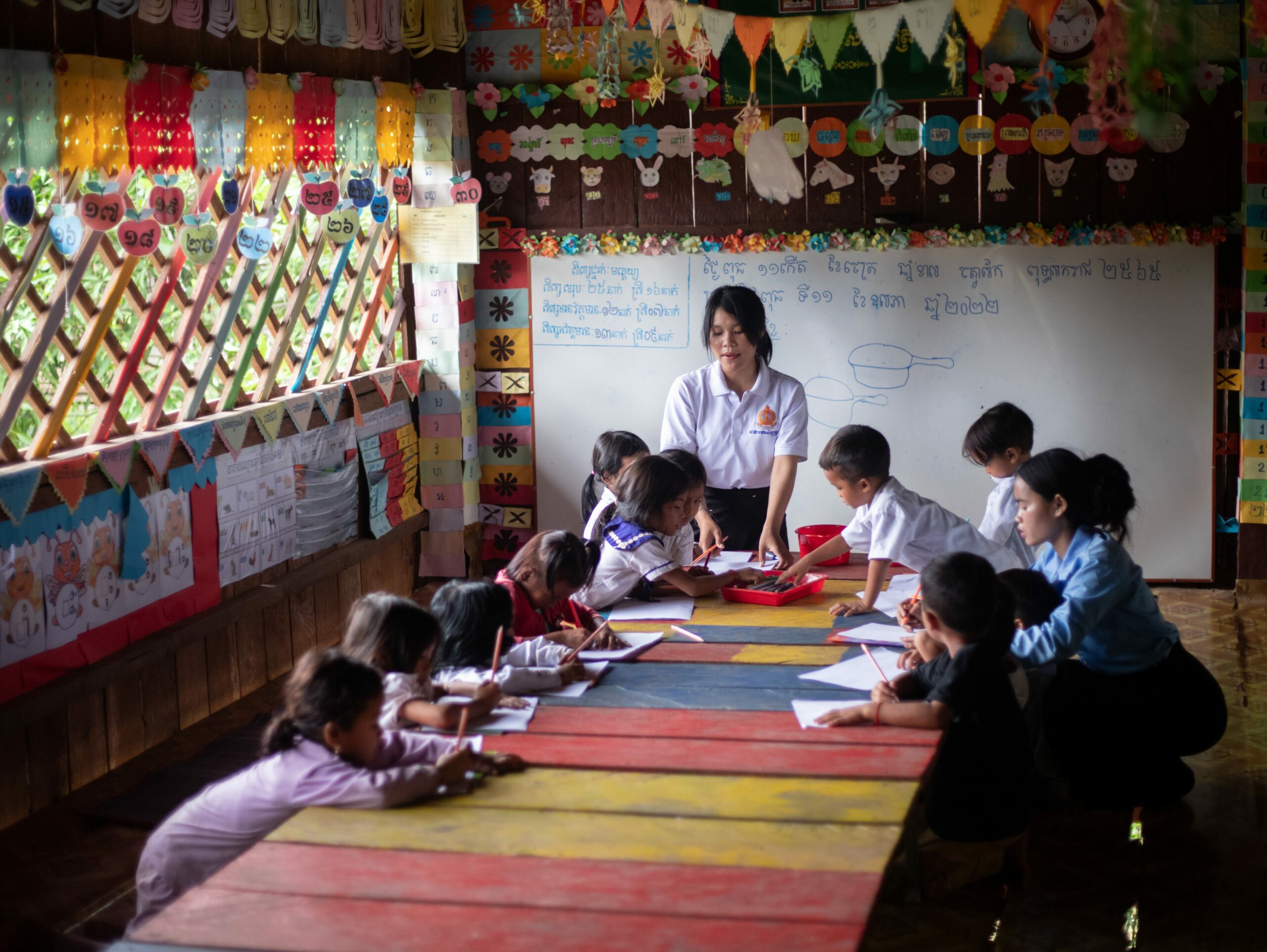
Government and Non-State Partnerships Evidence Hub
The Evidence Hub is a consolidated repository of tools and resources focused on innovative partnerships between non-state actors and governments.




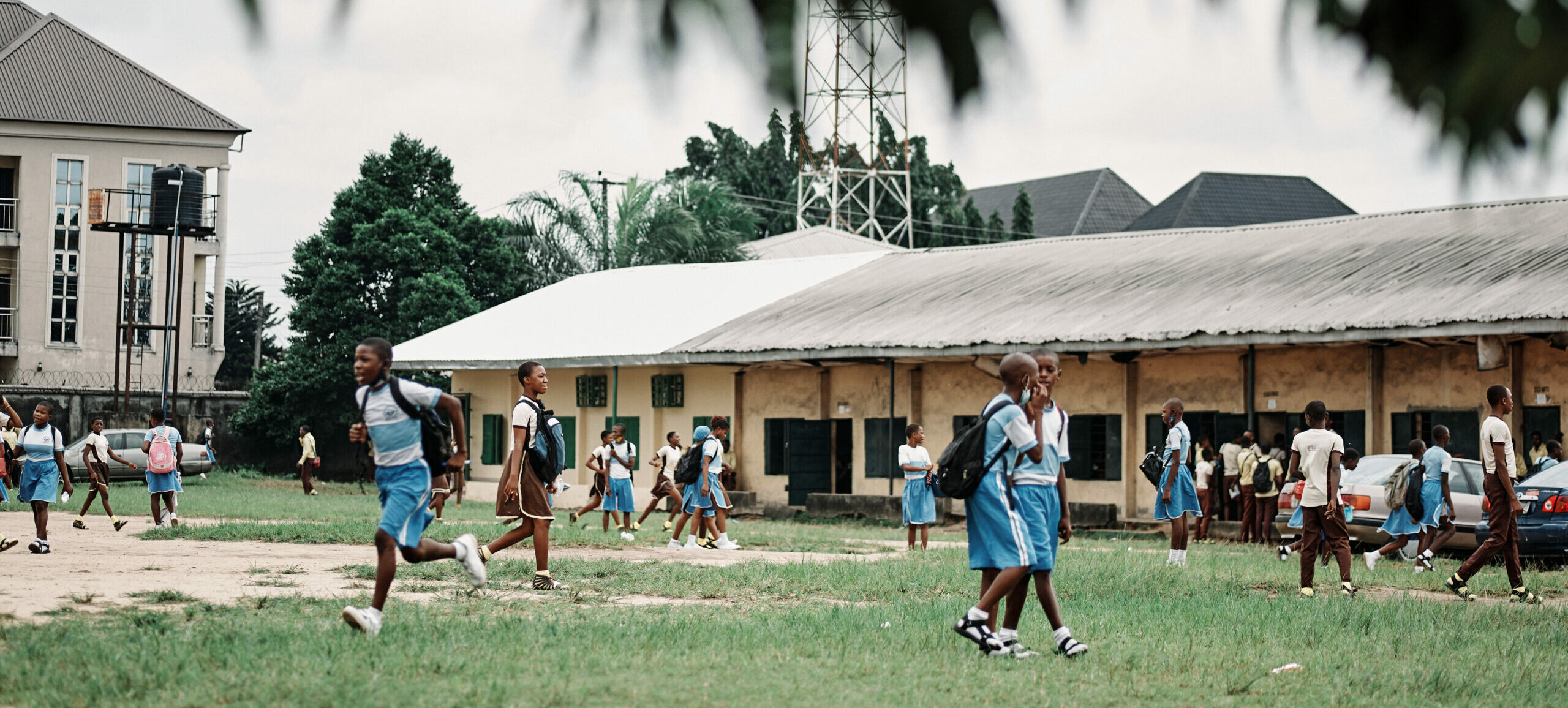
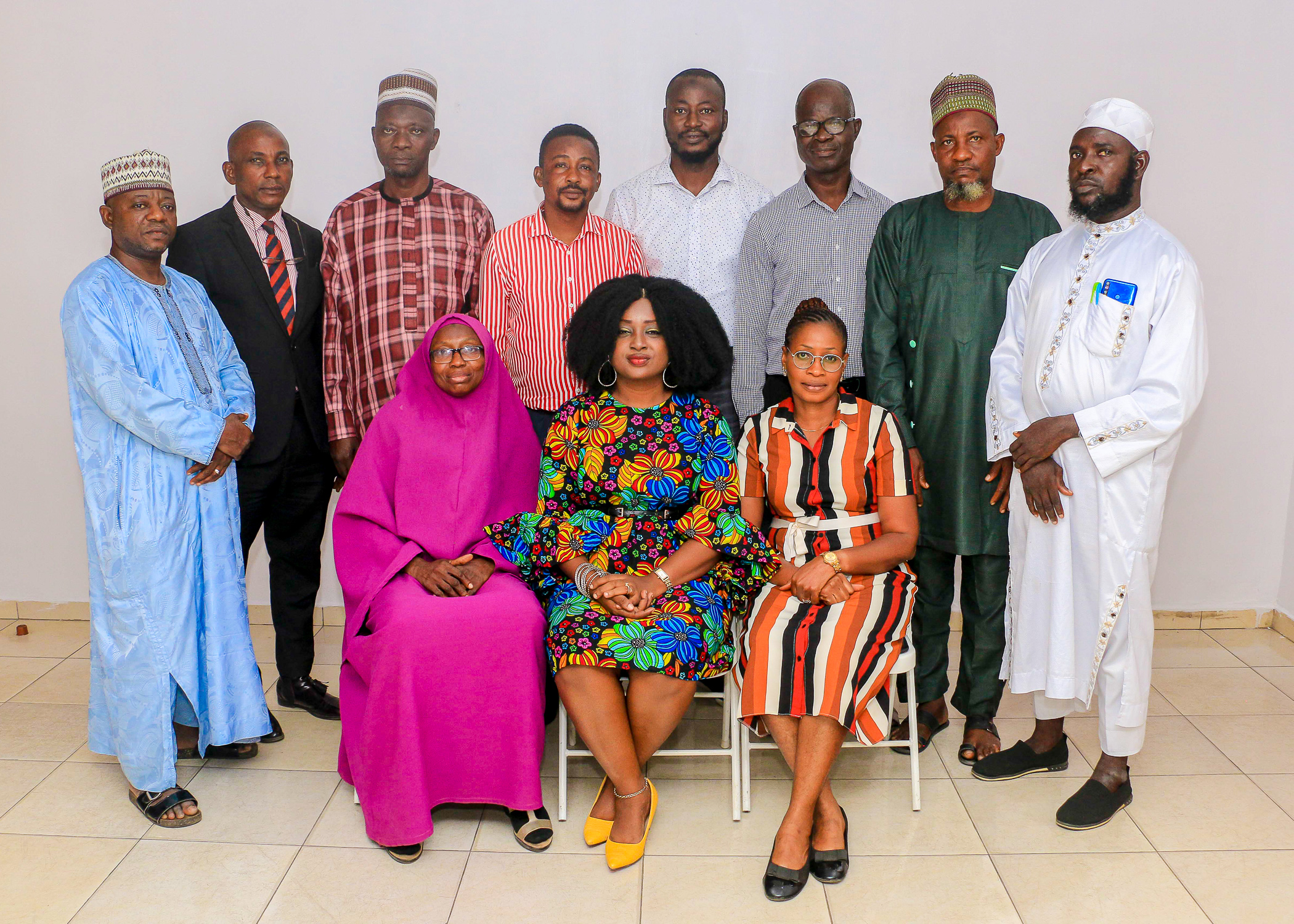
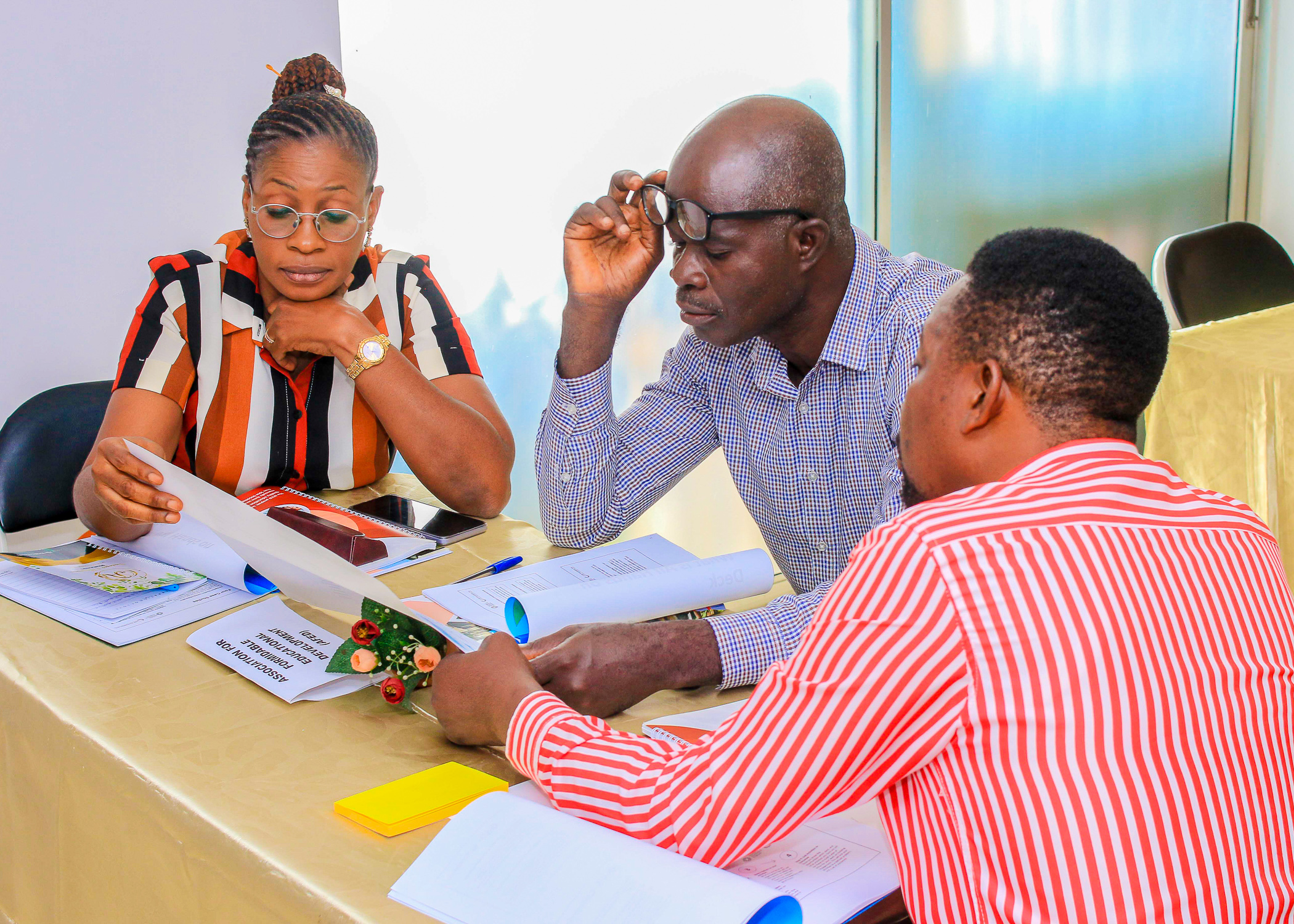
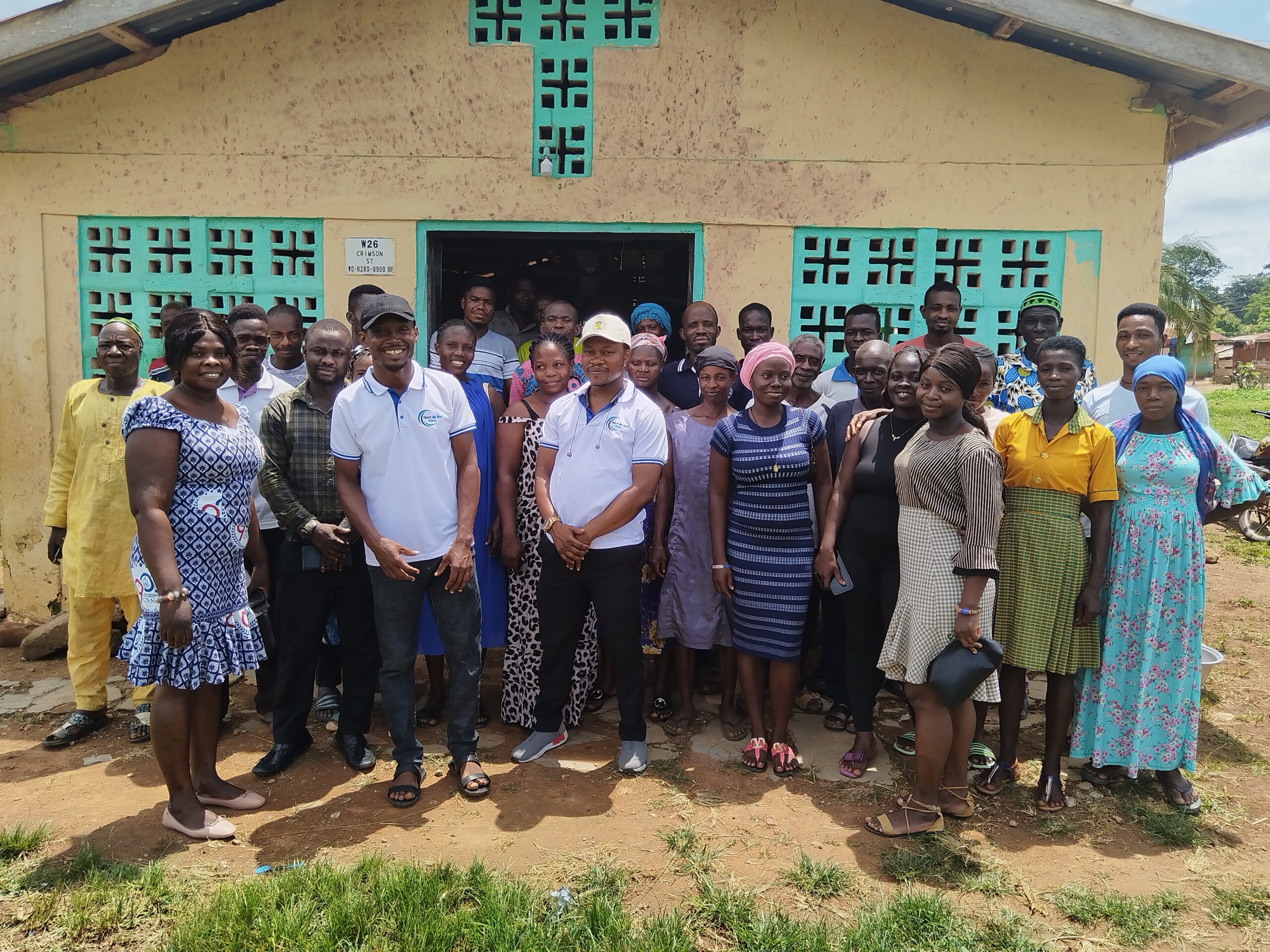
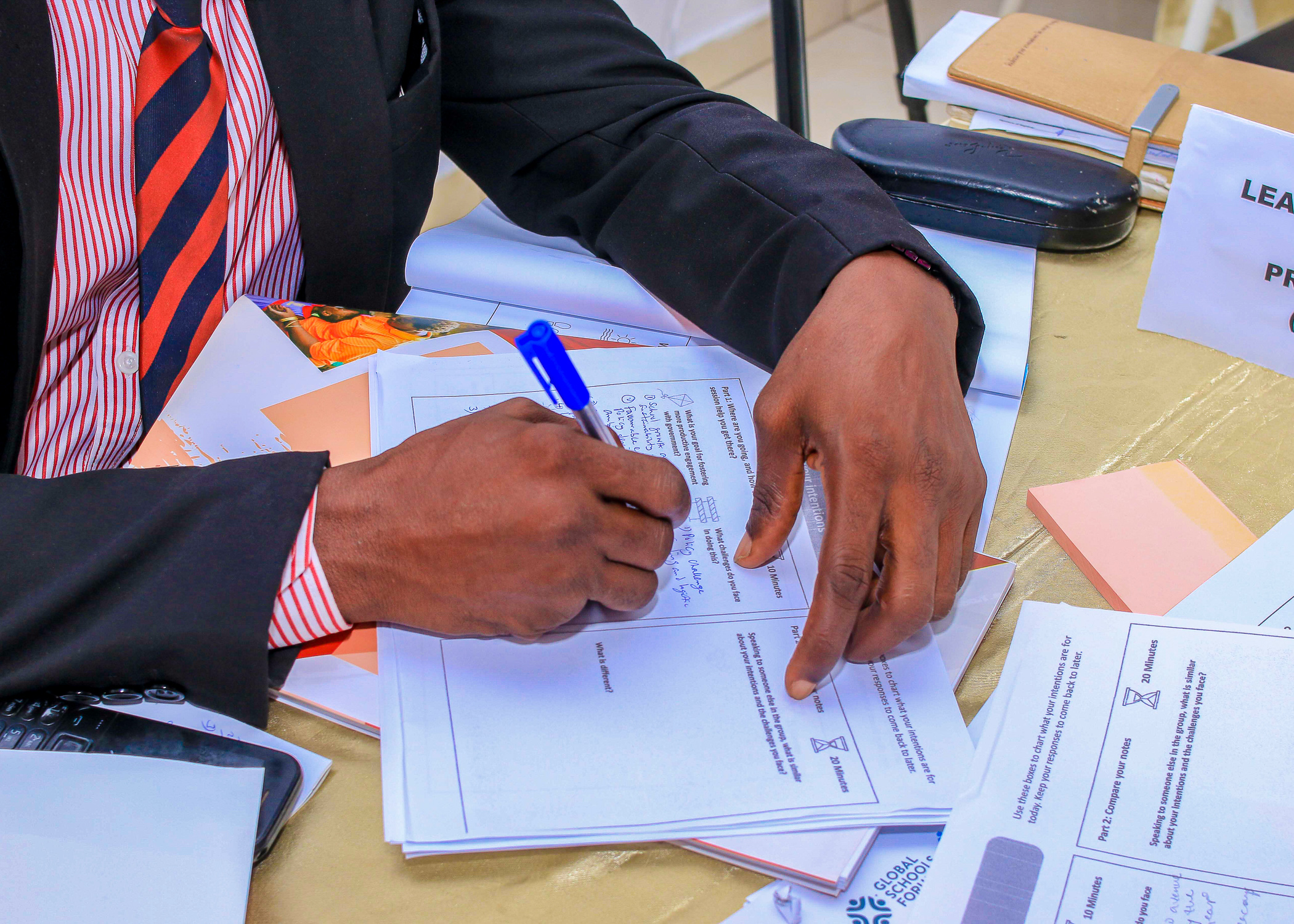
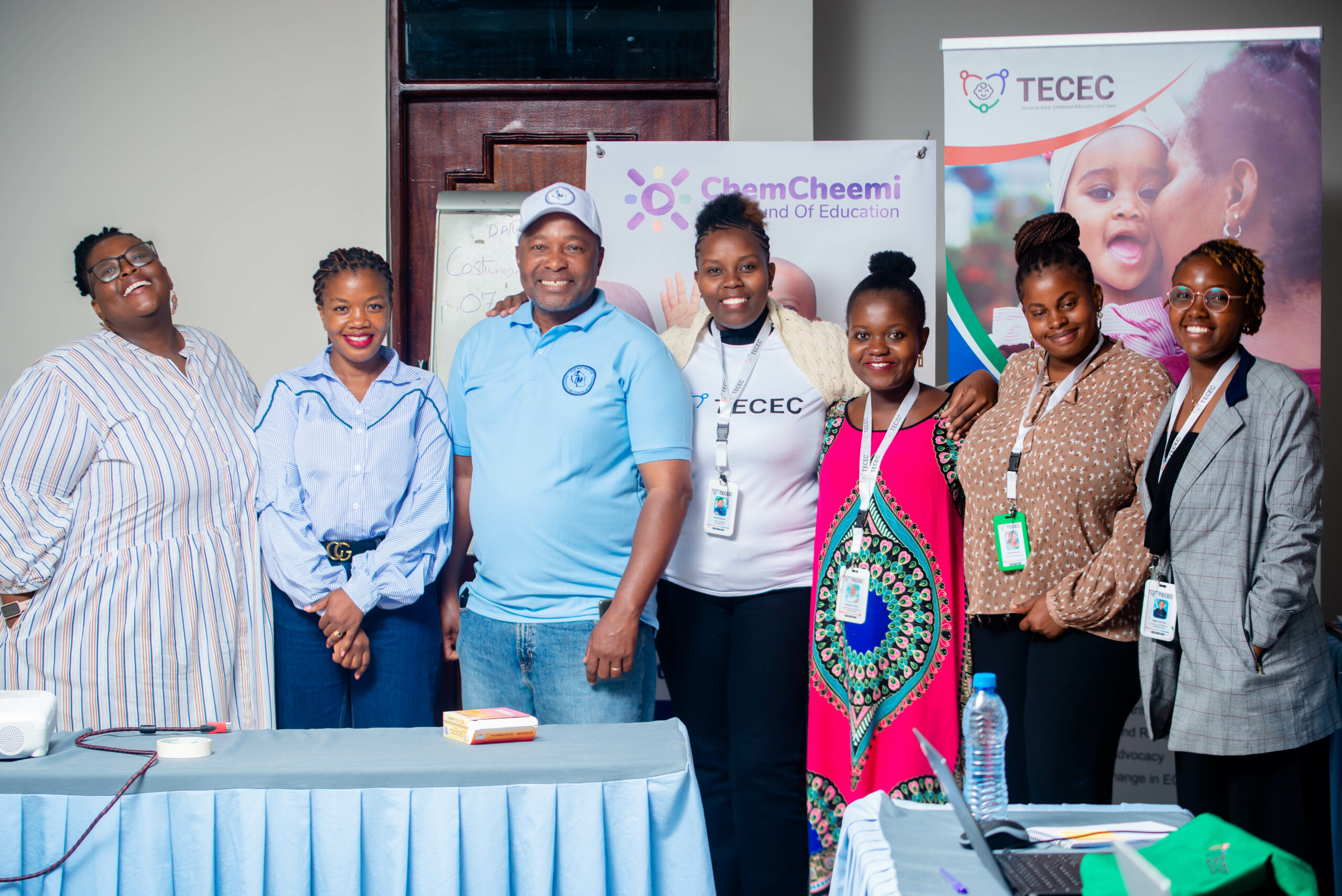


 All Hands on Deck
All Hands on Deck  Share on X
Share on X
 Share on LinkedIn
Share on LinkedIn
 Share via Email
Share via Email



